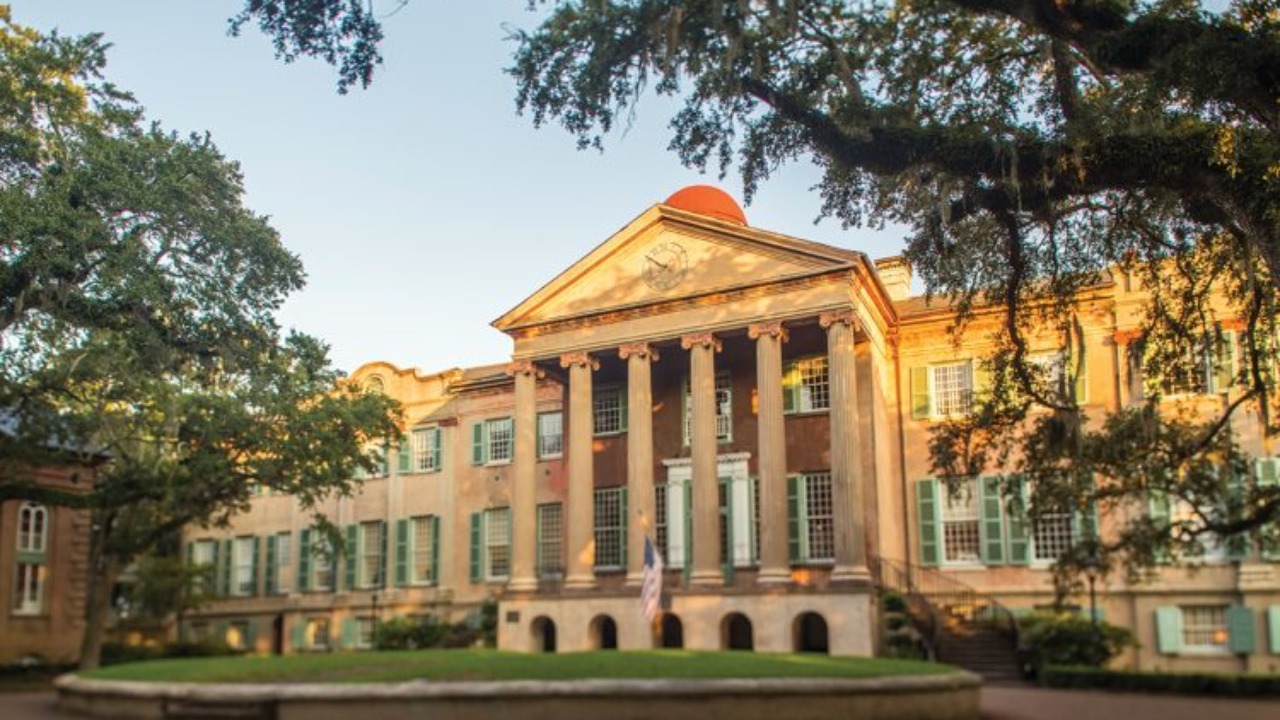South Carolina Politics Club v. Osborne

Summary
College of Charleston has repeatedly denied the South Carolina Politics Club (SCPC), a student-led, non-partisan organization, registered student organization status, a gateway to numerous resources that include the ability to reserve meeting space, invite speakers, and access the pool of mandatory student activity fees that SCPC members pay into. If student groups are funded with student fees, the Constitution requires the funds be allocated in a viewpoint-neutral manner. However, SCPC’s members already pay mandatory student activity fees that are allocated to other registered student organizations, including ones at odds with SCPC’s beliefs.
The college claims that the student group duplicates the purpose of the Fusion Party, a registered student organization that also encourages political engagement. However, the Fusion Party and SCPC differ in purpose, mission, and importantly, speech.
In a lawsuit filed against the college, the ADF attorneys explain that public universities cannot refuse to approve a student group without justification and must ensure recognition and student activity funding are approved in a viewpoint-neutral manner. The lawsuit indicates that requiring students to join a registered student organization with different beliefs and principles, as a condition of speaking and associating, is entirely at odds with the First Amendment.
In June 2019, the college agreed to recognize SCPC and to change its policies in order to settle the lawsuit. The policy changes create a more neutral and fair process for student organization recognition and funding. They eliminate the ban on clubs the university deems to be too “similar” and provide objective guidelines that the university must follow in the recognition and funding process. The college also agreed to reimburse litigation costs and attorneys’ fees in the amount of $20,000.
Links
Details
Institution: College of Charleston
Location: Charleston, SC
Topic: Student Fees, Freedom of Association
Intervention: Litigation
Outcome: Victory